The present work, entitled Socio-Economic Resurgent In Tamilnadu, 1952 – 1967 makes an attempt to highlight the historical forces which contributed to the progress of Tamilnadu under the leadership of Congress particularly K.Kamaraj. The introduction of permanent revenue settlement in 1802 and experimentation of other land revenue systems in Tamilnadu subsequently contributed to significant changes in the life of the people. The rise and growth of political awakening in Tamilnadu since the middle of the 19th century contributed to diversified trends. The urge of the people for social equity and economic equality made them to work for political consolidation. The Congress Government continued to rule in Tamilnadu from 1952-1967. During this period various changes in the administration resulted in modified schemes and progress in social mobility. The proposed Tamil State also involved in the carving out of portions of the Travancore- Cochin State and the subsequent alteration in the boundaries. Political parties as the Coimbatore District Communist Party reportedly collected particulars regarding the extent of Tamil speaking areas in Travancore- Cochin State and in Malabar District with a view to start an agitation for the formation of separate states for Tamilnadu and Kerala. Their agitation centered mainly on the formation of linguistic states in general and for United Tamilnadu in particular and for cultural, social and economic advancement of Tamilians.
During this period vast changes came to manifest in the economic and social spheres under the Congress ministry. The private sector functioned very close with the public sector in the fulfillment of common national objectives. Labour was able to participate in the day to day working of industrial undertakings and in handling the general problems of each industry. The Congress welcomed the First Five Year Plan as the basis of national advancement and every effort was made towards implementing this plan in its entirety. The role of the private sector in the field of consumer industries was recognized.
On the resolution on economic situation about Second Five Year Plan, Kamaraj said: “If anybody tells me that the Plan is too ambitious I will say I am ambitious and am going to be more ambitious in future, because we are made that way”. In 1960, he got the satisfaction that the draft outline of the Third Five Year Plan has been generally endorsed by Parliament and secured widespread support at the All India level.
In the narrative part, on the basis of sources collected from all available avenues, effort was made to make connecting links between trends and developments during this period. As regards the original sources, the archival documents from the Tamilnadu Archives, Chennai serve as the main study material for the entire work. Among the secondary sources, contemporary writings as gazetteers, manuals, handbooks, census reports, five year plan reports, election commission reports, M.L.A. Debates, M.L.C. Debates, Madras Information, Madras State Administration Reports and a number of published works based on research methods add to the strength of this study. The daily newspapers like The Hindu, the Indian Express and Tamil dailies as Thinamalar and Thinathanthi supply valuable information.
In order to collect the primary as well as secondary sources, I visited Tamilnadu Archives Cannemara Public Library, Madras University Library, Institute of Development Studies at Adayar, political party offices, all in Chennai, Madurai Kamaraj University Library, Gandhi Museum Library, Thinathanthi Office, all in Madurai, Kerala University Library and Kerala State Archives Library at Trivandrum, Central Library and S.T.Hindu College Library at Nagercoil and Kamarajar Manimandapam at Kanyakumari.
I express my deep sense of profound gratitude to my guide Dr.D.Daniel, M.A., Ph.D., Former Professor (Emeritus) & Chairperson, School of Historical Studies, Madurai Kamaraj University, Madurai who evinced keen interest, constant encouragement and critical comments all through this work.
I am grateful to Professor Dr. C.Paramarthalingam, Former Professor, School of Historical Studies, Madurai Kamaraj University, and Madurai for his motivation.
I acknowledge my gratitude and thanks to Dr. Sr. S.Jesurani, Principal, Jayaraj Annapackiam College for Women, Periyakulam for her constant encouragement. I express my thanks to Dr. Sr. B.J. Queensly Jeyanthi, Secretary, Jayaraj Annapackiam College for Women, Periyakulam for her good wishes and encouragement.I am thankful to my colleague Mrs. Immagulate Rani, Assistant Professor of English, Jayaraj Annapackiam College for Women, Periyakulam for her time being help.
I acknowledge my gratitude to my husband Mr.T.Arul Jose for his innumerable helps and support throughout in publishing this book.
I express my thanks to INSC Book Publishing House (IPH), Bengaluru for bringing out this publication promptly and elegantly.
I would like to dedicate this book to the loving memory of my beloved Father Mr. K.P.Arumugham and Mother Mrs. Y. Daisy Arumugham, who passed away on 25 October 2000 & 19 September 2020 respectively.

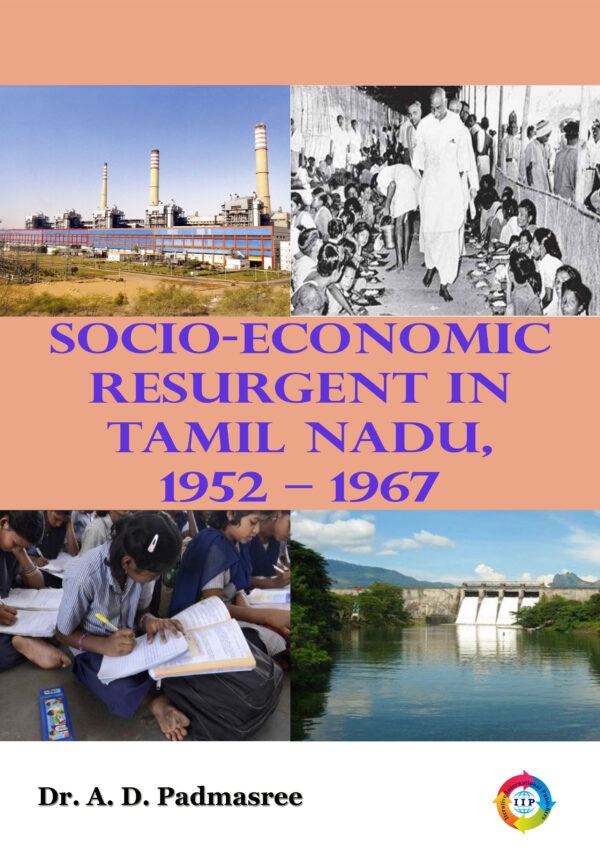
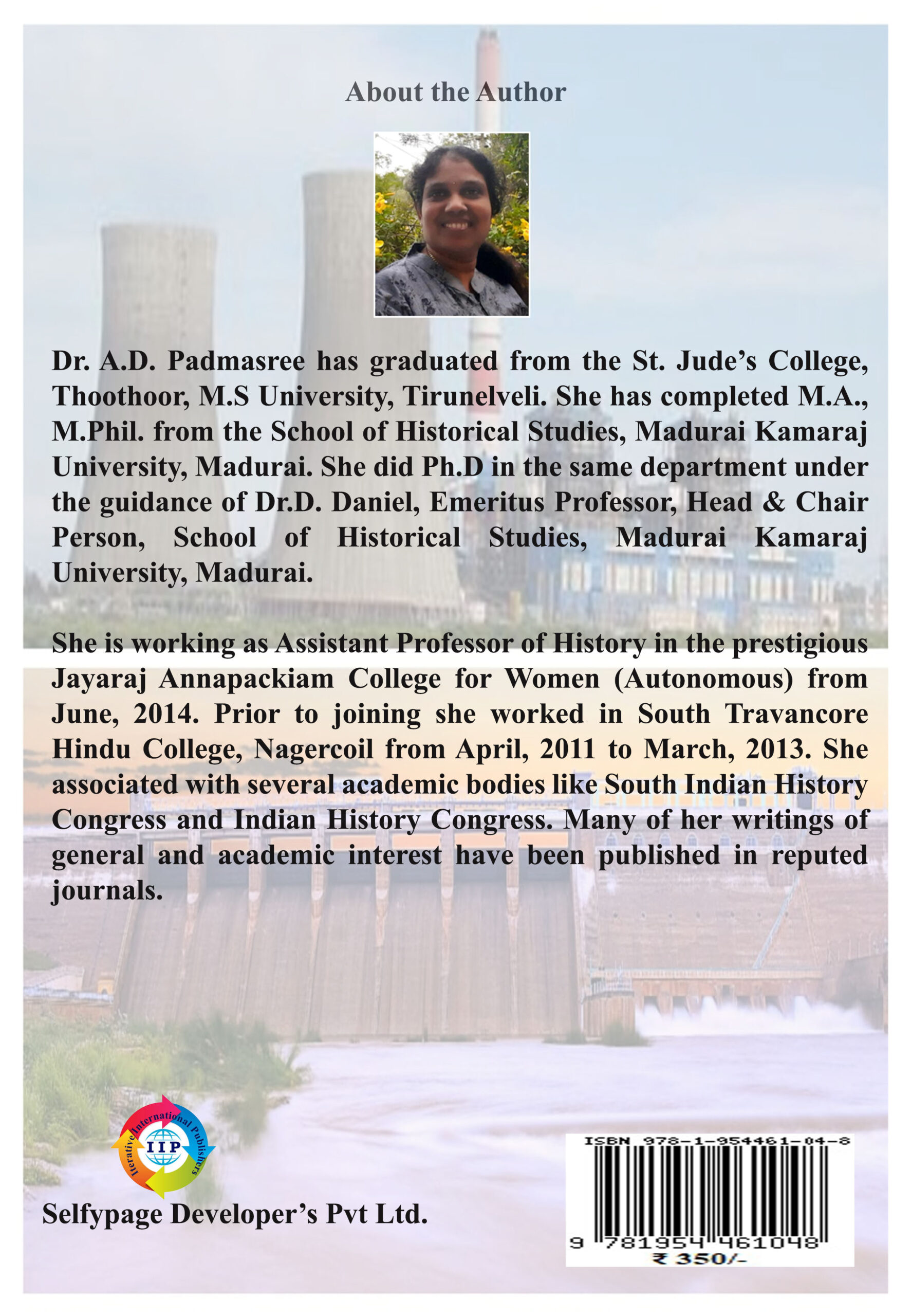
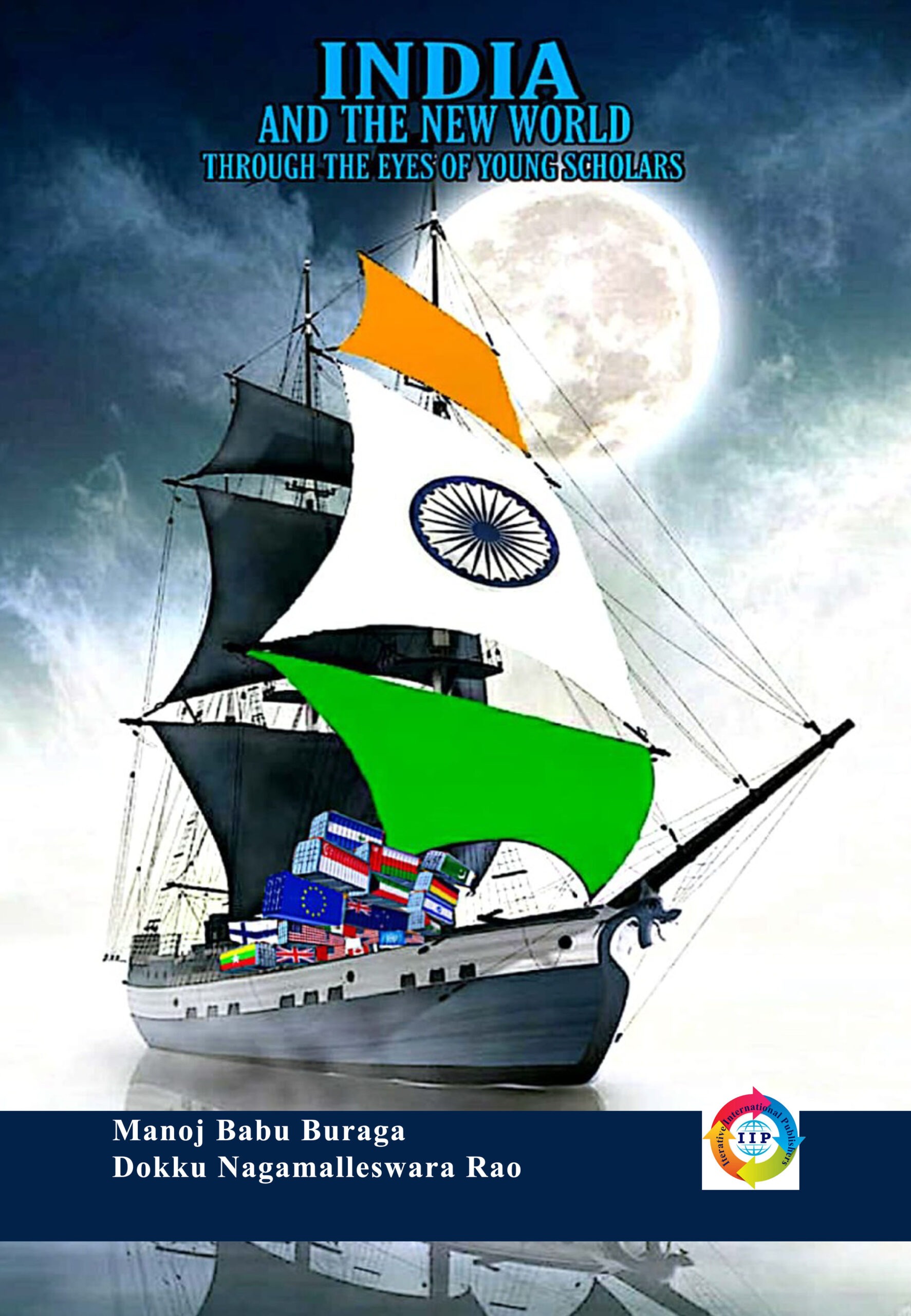
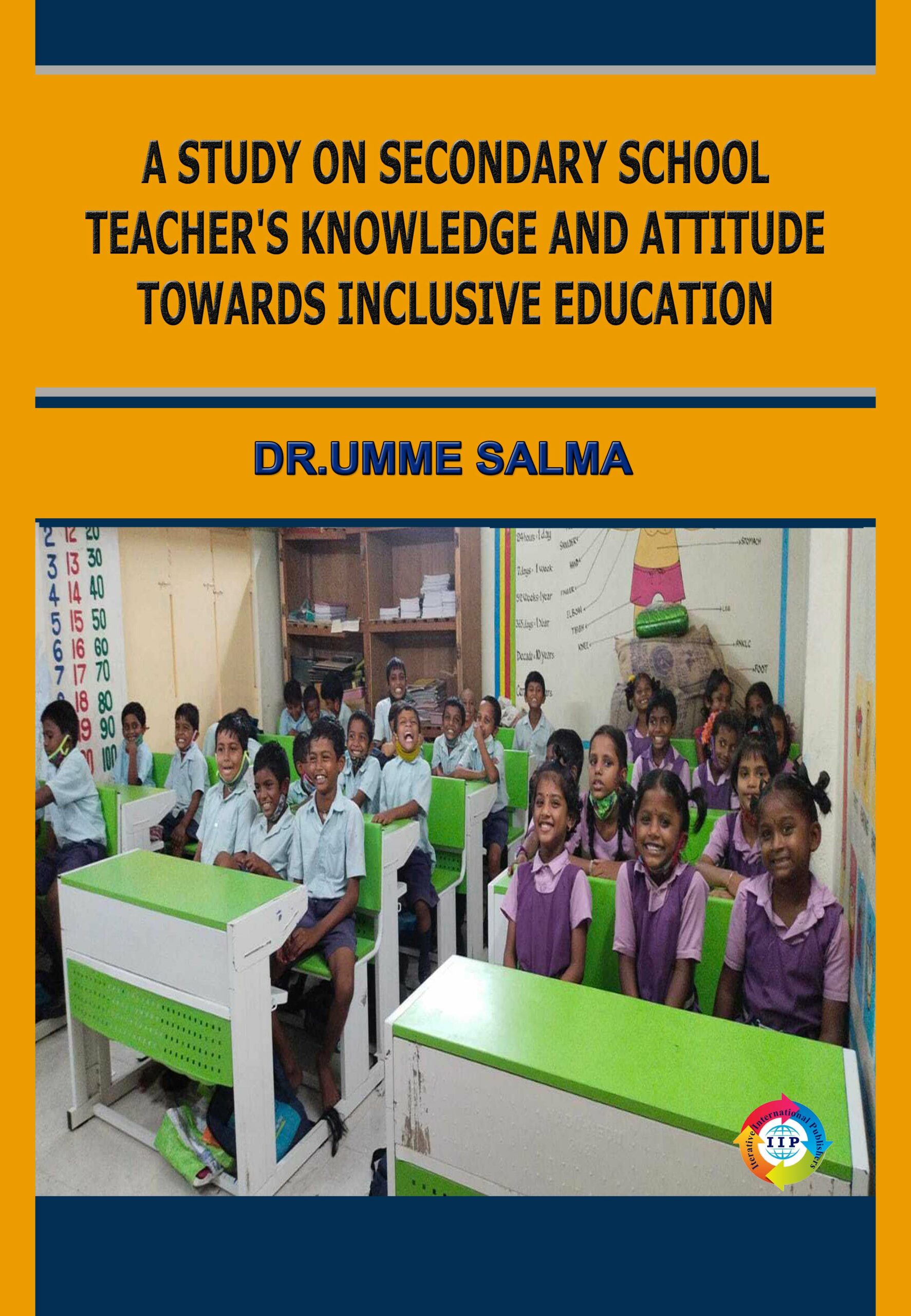
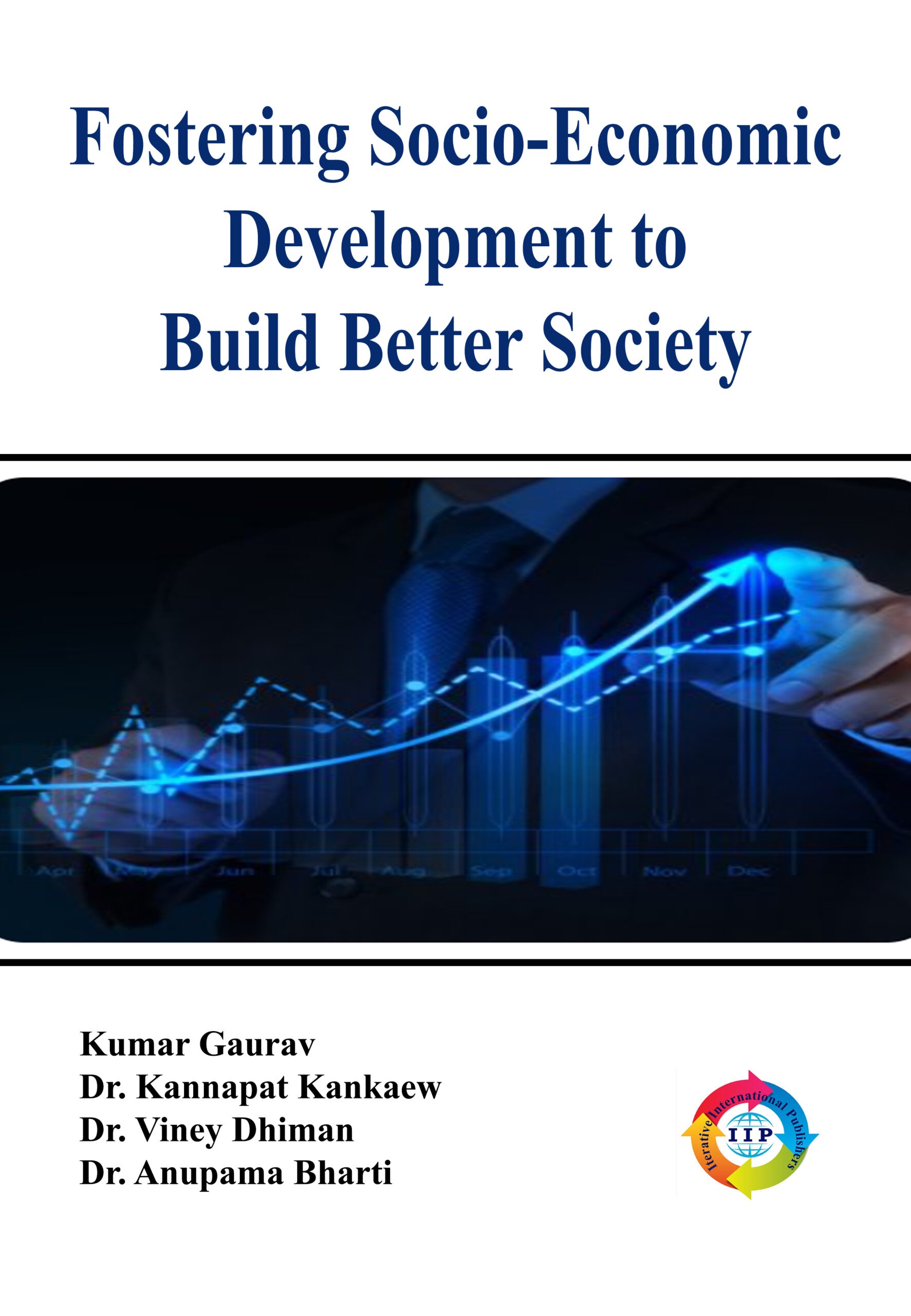
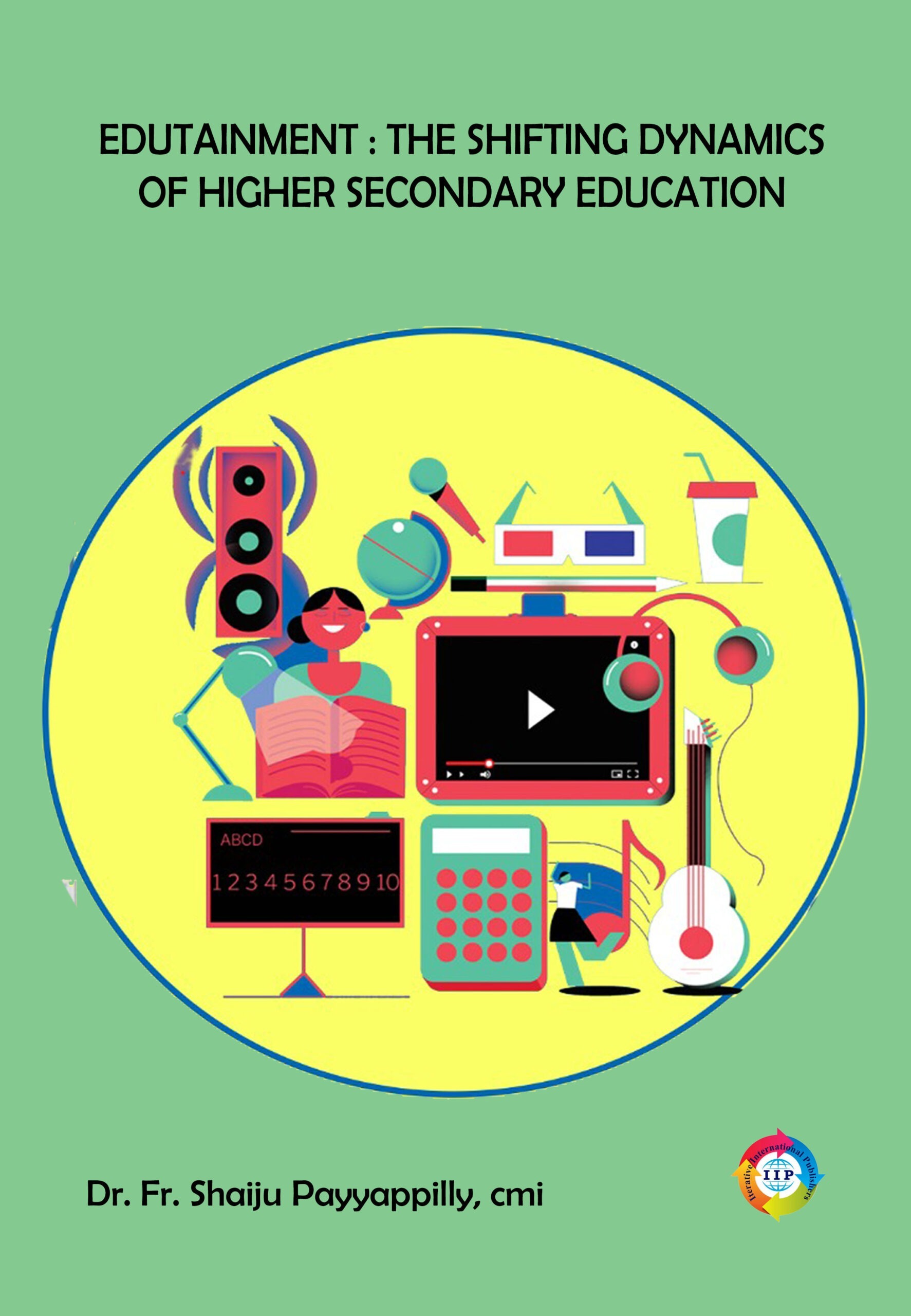
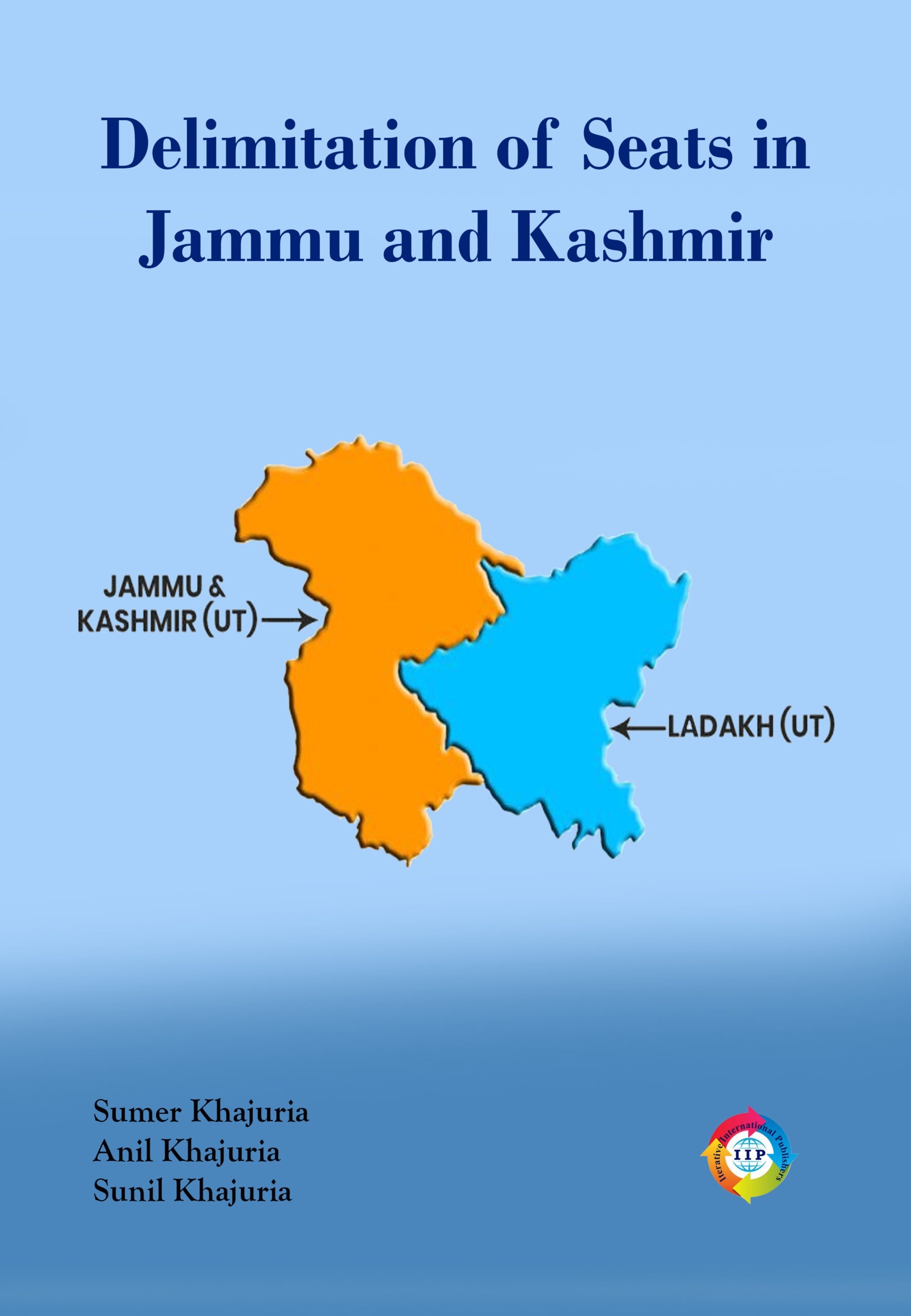
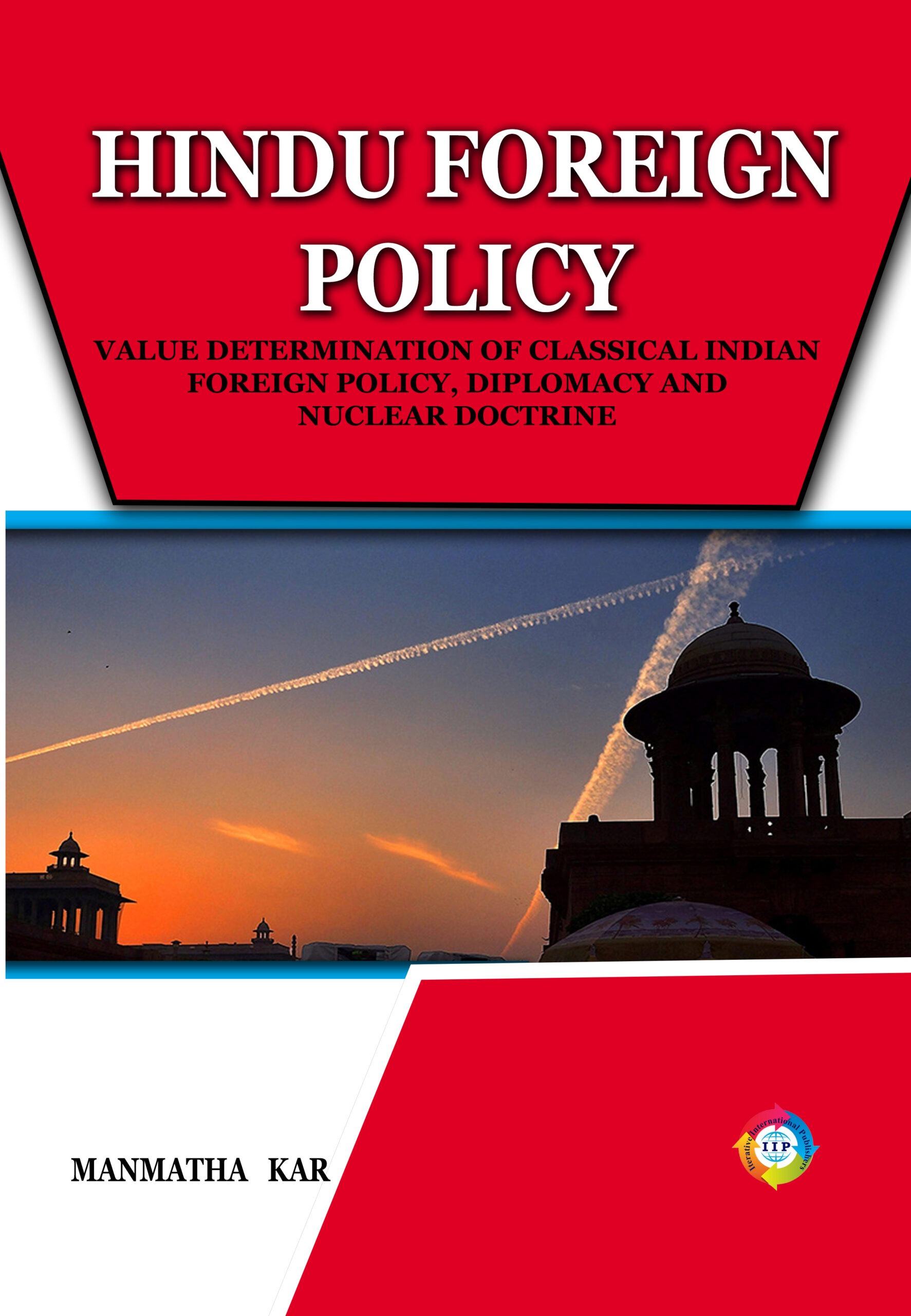
Reviews
There are no reviews yet.